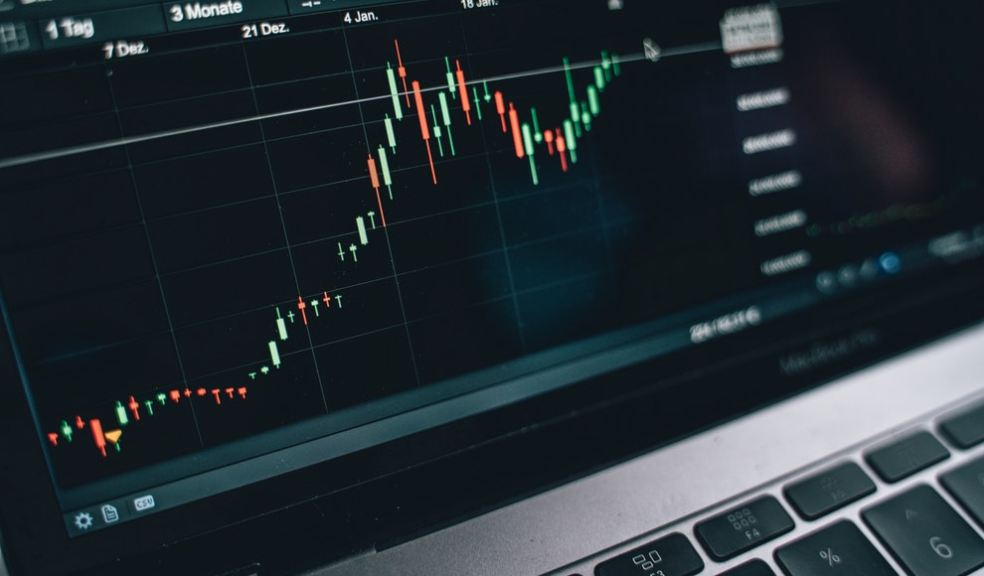
How to Identify a Fake Cryptocurrency Website
Cryptocurrency exchanges that are not reputable and are not regulated defraud potential victims by pretending to be legitimate exchanges. Scam exchanges frequently attract consumers by claiming to have the endorsement of a famous person, making intrusive phone calls, or sending fake bitcoin wallet screenshots and emails promising amazing returns on investments. Once customers have been directed to a trade, they may begin receiving regular emails or phone calls offering assurances about the authenticity of trading with these phony bitcoin (BTC) exchanges. These reassurances may be in the form of reassuring words about the authenticity of investing.
There are a lot of feelings that are elicited by the rapidly shifting condition of the cryptocurrencies market today, as well as the type of impact that it would have on the development of business. As more and more individual investors, speculators, and other sorts of institutional investors keep focusing their attention toward the profitable cryptocurrency markets, the attention of con artists and cheats also continues to turn in that direction.
If a capital is invested, users may be required to pay significant upfront fees before being provided with false information through a phoney trading interface that displays deals that have been manipulated by the exchange. Despite making an investment, more of it is asked by the investors.
After then, customers may be subjected to intrusive phone calls, other forms of pressure to invest more money, or they may be encouraged to do that with phoney return statements displaying exorbitant gains. The moment a user makes even the slightest effort to withdraw funds, they run the risk of encountering a variety of roadblocks, such as fees or taxes that were not disclosed in advance. They might even find out that none of their money was ever there in the first place.
Most Common Red Flags Of Fake Trading Sites
The piece of advice that circulates the most frequently among owners of cryptocurrencies is to deal exclusively with reputable and well-known cryptocurrency exchanges. Exchanges with a good reputation should have a website, a sizable following on social media, and personnel whose credentials can be independently verified. They ought to have a well-established history within the research community and the community that uses cryptocurrencies. Do your homework before making a profile, and check to see if other users or well-known researchers in the world of cryptocurrencies can vouch for its legitimacy.
The current frenzy surrounding cryptocurrency investments has caused many individuals to be reminded of the Wilderness. Scammers will certainly continue to place a high priority on the cryptocurrency ecosystem as it continues to expand on a global scale and increase in complexity.
Additional warning signs that are typical of a fraudulent transaction include the following:
Fake Offers
If an exchange guarantees an amount of return on that investment that appears to be too exciting, then there is a strong possibility that the exchange is not being honest. Indicative of the existence of a fraudulent cryptocurrency exchange is any offer of guaranteed returns, in particular those that promise outstanding returns in the first few days or weeks after enrolling for an account on the exchange.
Compulsory Deposits
Do not give in to any kind of pressure that would have you deposit more money or make an investment that is larger than you had planned. Exchanges which offer the best cryptocurrency wallet in the UK that are legitimate too, will not employ such strategies in order to acquire customers.
Odd Conversations
Excessive communications that have the appearance of spam, particularly those that keep asking for constant restocking of wallets by sending fake bitcoin wallet screenshots may be a warning that the exchange is attempting to acquire cash to be plundered and used for other purposes.
Con Consultants
Be careful of any unsolicited calls or offers that provide investment or purchasing guidance pertaining to cryptocurrency. Even if it is claimed that the calls are coming from financial planners or traders, the fact that they are coming from an unlicensed cryptocurrency exchange is a possible sign that something illicit is going on.
Unknown Trading Forums
Sites that ask for abnormally high enrollment or withdrawal charges that were not recently confirmed should also be shunned and denounced. Specifically, platforms that charge for more than $100 should be avoided.
In the same way that a fraudulent or malware-infected website may look different from a reputable website, dubious exchanges may also look different. It's possible that these cons rely on tried-and-true methods of social engineering to con potential users into investing their money.
Having said that, receiving fake bitcoin wallet screenshots or any withdrawal invoice are also one of the core symptoms reflecting how a site is on its ways to sbatch away your hard-earned cash.
The Bottom Line
The use of cryptocurrency exchanges as a venue for the purchase and sale of digital assets is becoming increasingly essential. However, the majority of these exchanges are still unregulated, making them vulnerable to fraudulent activity.
Swindlers are indeed resorting to the practice of building phony cryptocurrency exchanges as well as manipulating volume of trade on exchanges that give the impression of being credible in order to attract potential investors and steal their money.
The users of these exchanges may be subjected to harassment, the exchanges may refuse withdrawal requests, the exchanges may demand excessive fees, or the exchanges may even run away with their users' whole investments. It is strongly advised by industry professionals that you conduct business with only trustworthy exchanges. Before you create an account on a website, you need to become familiar with how to identify the telltale symptoms of a fraudulent website.













